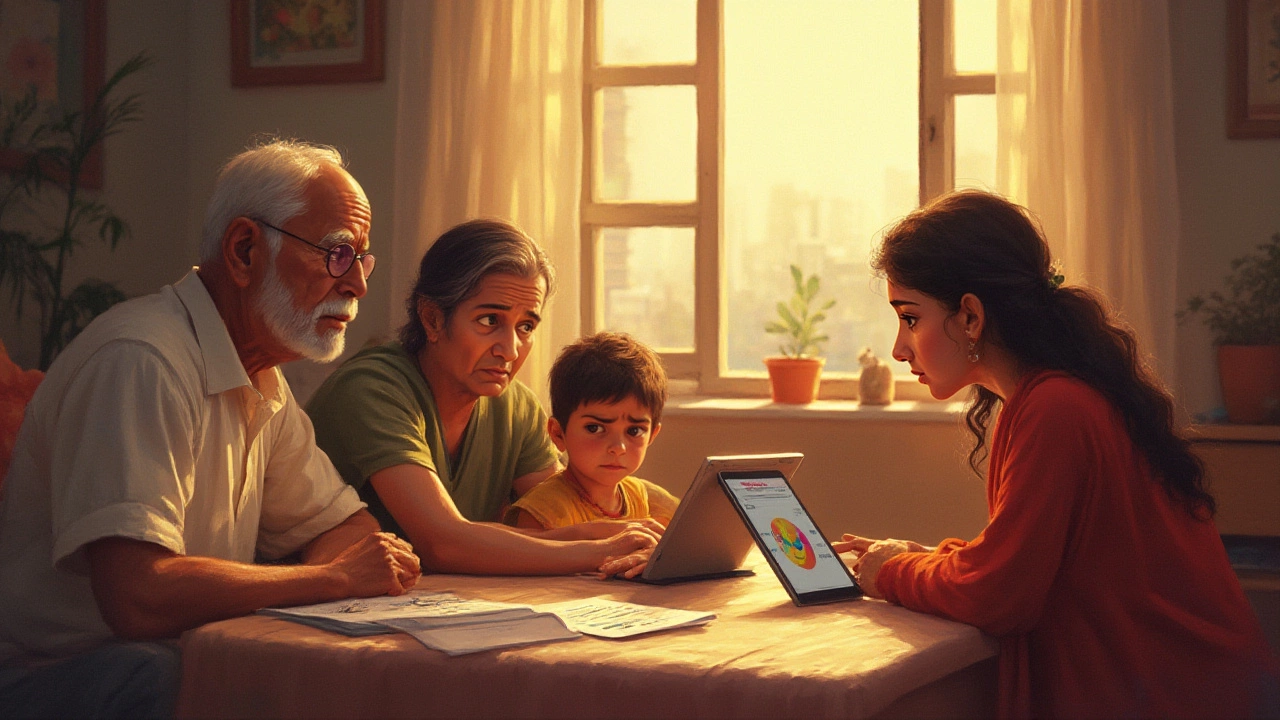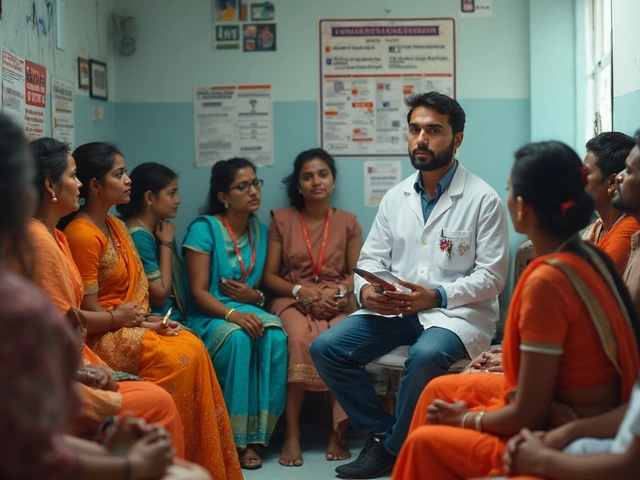Worst Cancers – Why They’re So Lethal and What You Can Do
If you’ve ever Googled “worst cancer,” you probably saw a scary list of names and numbers. It’s not fun, but knowing which cancers bite hardest helps you stay alert and act faster if something feels off.
Why These Cancers Are So Deadly
First off, they’re deadly because they hide well. Pancreatic cancer, for example, rarely shows symptoms until it’s spread. Lung cancer sneaks up in smokers and even non‑smokers, often discovered at a late stage during a scan for something else. Liver cancer grows quickly in people with chronic hepatitis. Glioblastoma, the aggressive brain tumor, spreads fast and resists many treatments. Mesothelioma, linked to asbestos exposure, can take decades to appear but then moves aggressively.
Another reason is limited treatment options. Some of these cancers don’t respond well to standard chemo or radiation. Doctors often rely on surgery, but by the time a tumor is operable, it may already have spread. New drugs and immunotherapies are improving outcomes, yet they’re not a cure for most of these hard‑to‑treat cancers.
Risk factors also play a role. Smoking, heavy alcohol use, chronic infections (like hepatitis B or C), and certain occupational hazards increase chances of hitting one of these lethal cancers. Genetics matter too—familial mutations can skyrocket risk for pancreatic or breast cancers.
How to Spot Warning Signs Early
Early detection saves lives, even for the worst cancers. Here are simple red flags you shouldn’t ignore:
- Persistent cough or breathlessness (lung cancer)
- Unexplained weight loss, loss of appetite, or new abdominal pain (pancreas, liver)
- Sudden headaches, vision problems, or personality changes (glioblastoma)
- Unusual shortness of breath or chest pain if you’ve worked with insulation or construction materials (mesothelioma)
If any of these symptoms stick around for more than a few weeks, book a doctor’s appointment. Ask for imaging tests like a CT scan or MRI if the doctor agrees. Even a basic blood test can catch liver issues early.
Screening programs matter, too. If you’re over 50 and a smoker, low‑dose CT scans can spot lung cancer before symptoms start. For people with a family history of pancreatic cancer, genetic counseling and periodic MRIs could catch a tumor early.
Lastly, keep a health diary. Write down new aches, changes in appetite, or unusual fatigue. Patterns become clearer over time, and your doctor will have concrete info to work with.
Knowing the worst cancers isn’t about scaring yourself; it’s about staying informed and proactive. By watching for warning signs, getting screened when eligible, and cutting risk factors like smoking, you give yourself the best shot at early treatment and a better outcome.

Deadliest Types of Cancer: What Makes Some Cancers So Devastating?
Find out what makes some cancers the worst. Learn about deadliest cancer types, survival rates, symptoms, and real facts that matter if you're worried about cancer today.




